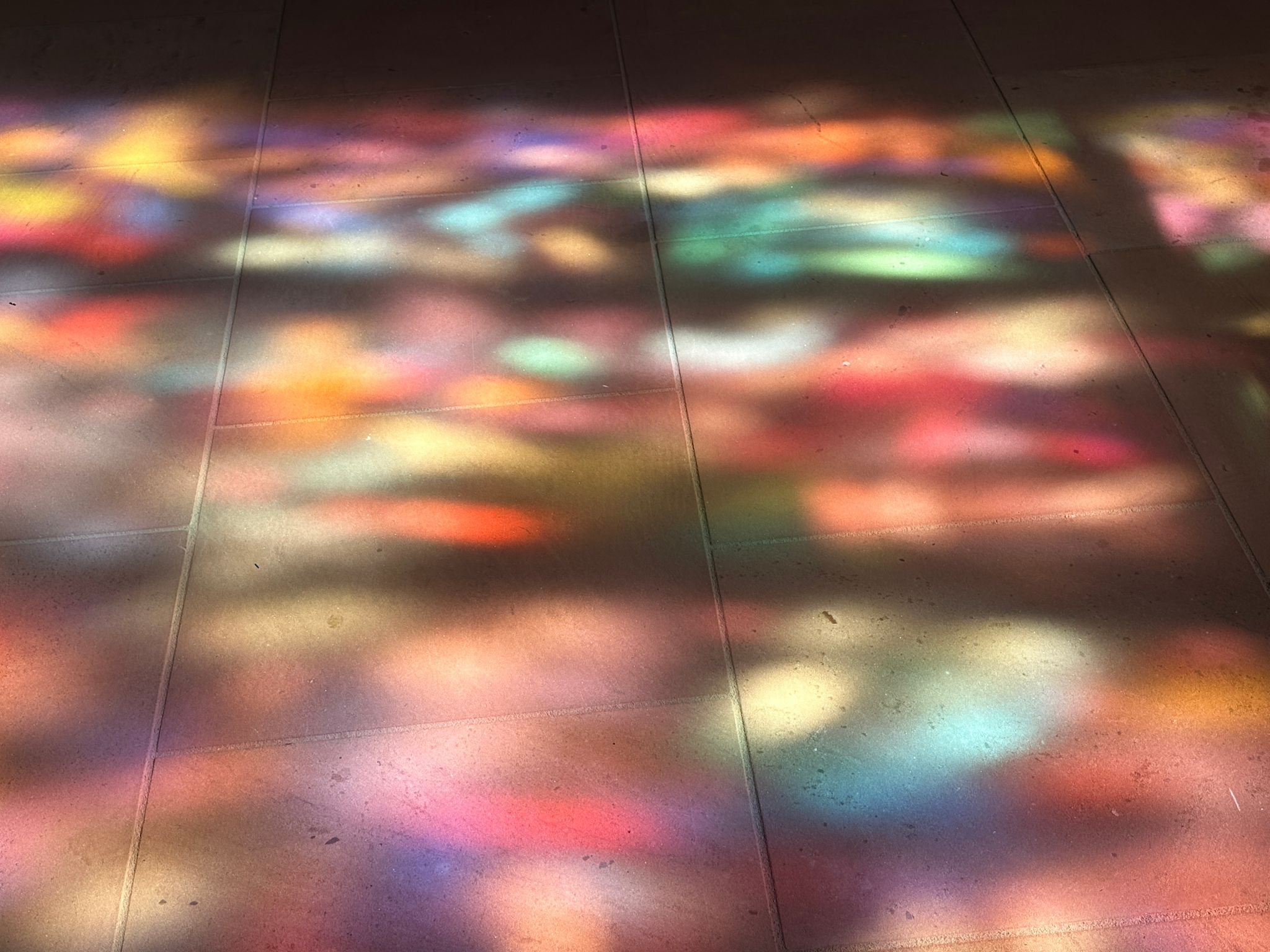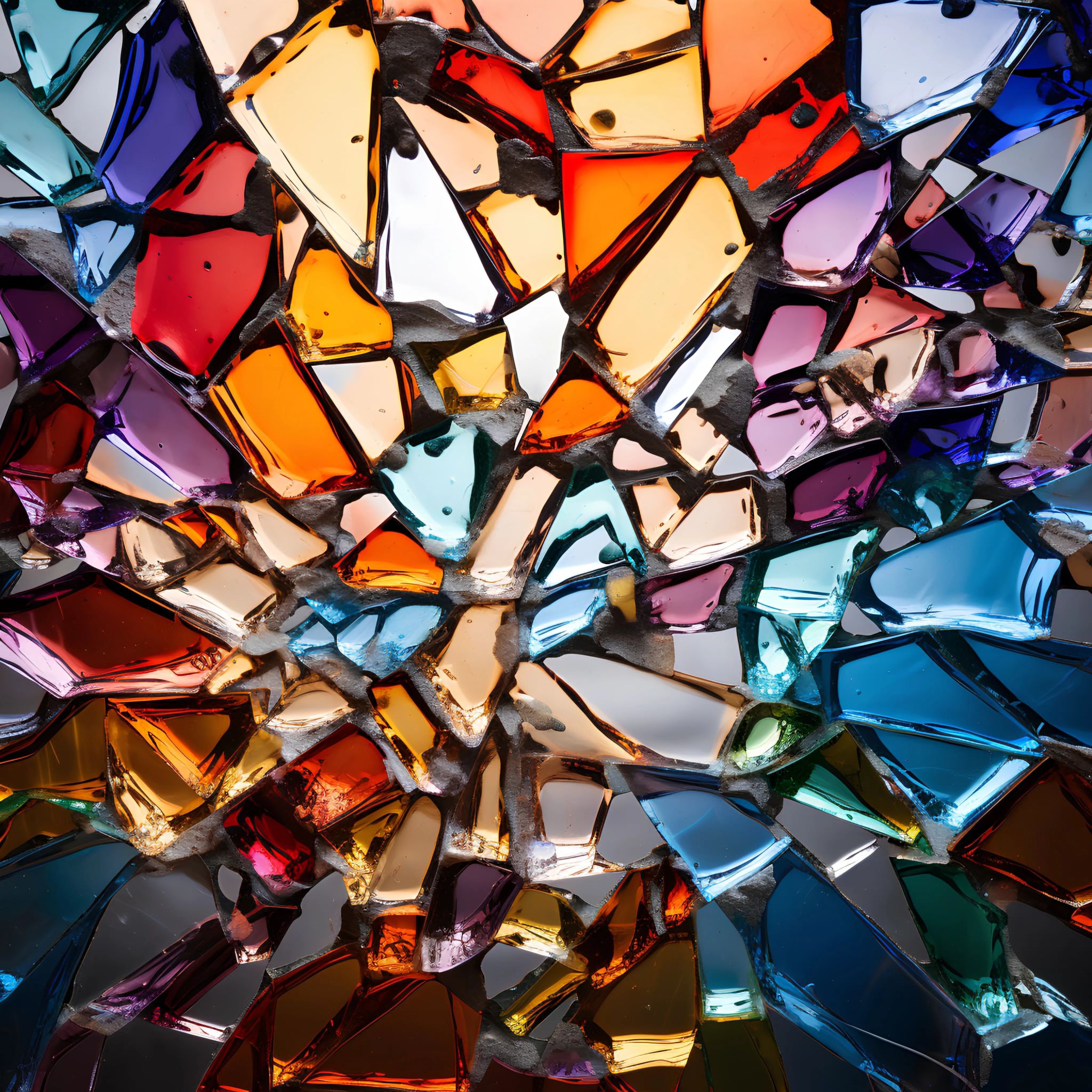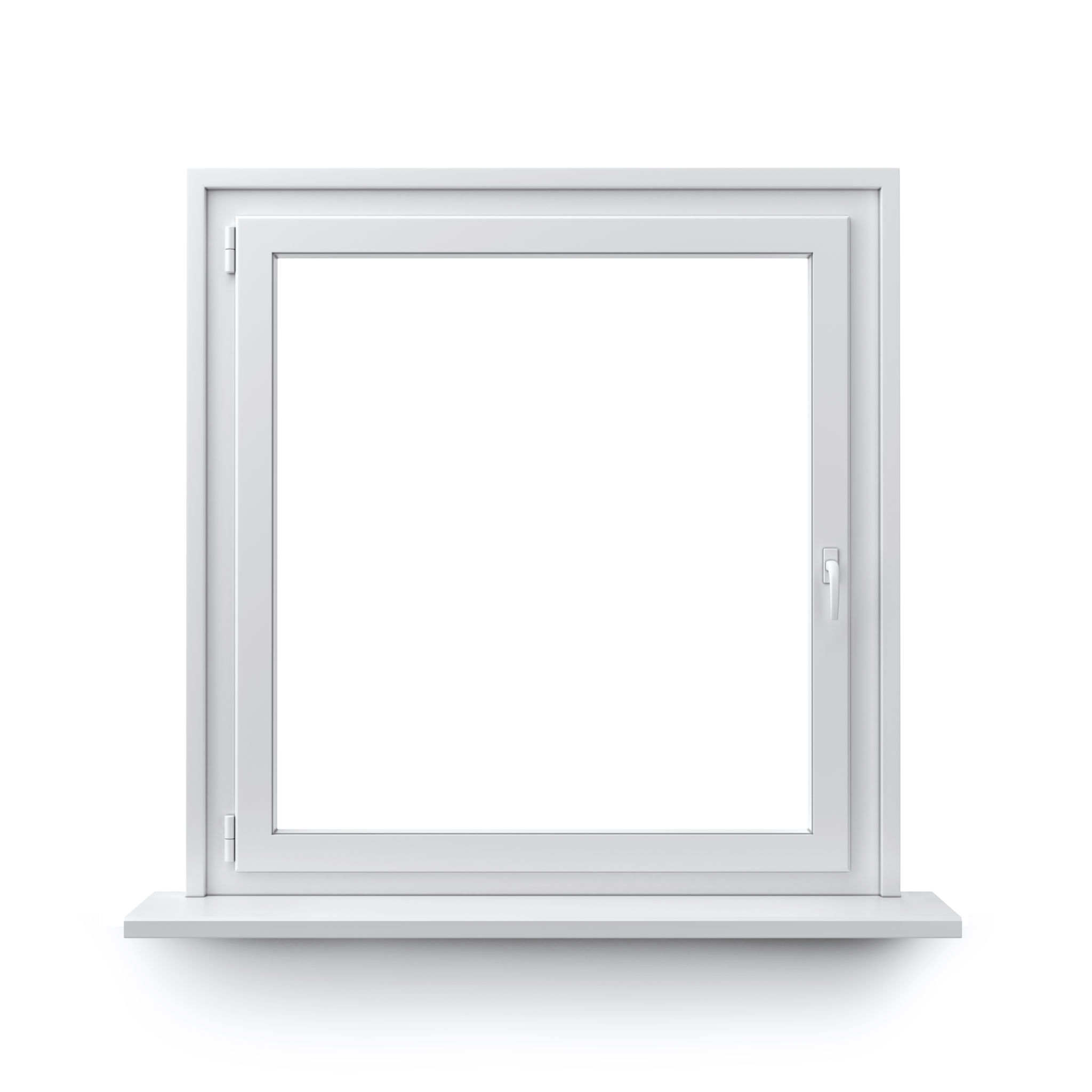Common Misconceptions About Stained Glass: Debunking Myths
Understanding Stained Glass
Stained glass has been a cherished art form for centuries, adorning cathedrals, homes, and public buildings with its vibrant hues and intricate designs. Despite its beauty and historical significance, there are several misconceptions surrounding stained glass that often lead to misunderstandings about its creation, durability, and application. In this post, we'll debunk some of the most common myths about stained glass.

Myth 1: Stained Glass is Fragile
A prevalent misconception is that stained glass is inherently fragile and prone to breaking. In reality, stained glass is quite durable when properly crafted and installed. The lead or copper foil used in the construction of stained glass windows creates a flexible framework that allows the glass to withstand various stresses without shattering. Additionally, modern techniques and materials have enhanced the strength of stained glass, making it suitable for a variety of settings.
While care should be taken to avoid direct impact, just like with any type of glass, stained glass can endure for centuries with minimal maintenance. This durability is a testament to the craftsmanship and materials involved in its creation.
Myth 2: Stained Glass is Only for Churches
Another common assumption is that stained glass is solely reserved for religious settings such as churches and cathedrals. Although it is true that many historically significant examples can be found in places of worship, stained glass has transcended these boundaries to become a popular choice for residential and commercial spaces as well.

Today, stained glass can be found in homes as decorative windows, doors, or even standalone art pieces. Its versatility allows it to complement a range of architectural styles, from traditional to contemporary. Whether used in kitchens, bathrooms, or entryways, stained glass adds a unique touch of elegance and color.
Myth 3: Stained Glass is Difficult to Maintain
Many people believe that stained glass requires extensive maintenance to keep it looking its best. However, maintaining stained glass is usually straightforward and involves simple cleaning practices. A gentle wipe with a soft cloth and a mild detergent solution is often all that's needed to keep the glass clean and vibrant.
- Avoid using harsh chemicals or abrasive materials that might damage the surface.
- Regular inspection for any signs of wear or damage can help ensure longevity.

Myth 4: Stained Glass is Outdated
Some might think that stained glass is an outdated art form with no place in modern design. In truth, stained glass continues to evolve with changing design trends. Contemporary artists are pushing the boundaries by incorporating modern themes and techniques into their work.
Stained glass can be customized to fit personal tastes and preferences, making it a timeless addition to any space. Whether through bold abstract designs or subtle color accents, stained glass remains a relevant and cherished art form.
By debunking these myths, we hope to shed light on the true beauty and versatility of stained glass. Far from being fragile or outdated, stained glass continues to capture our imagination and elevate our spaces with its timeless charm.
